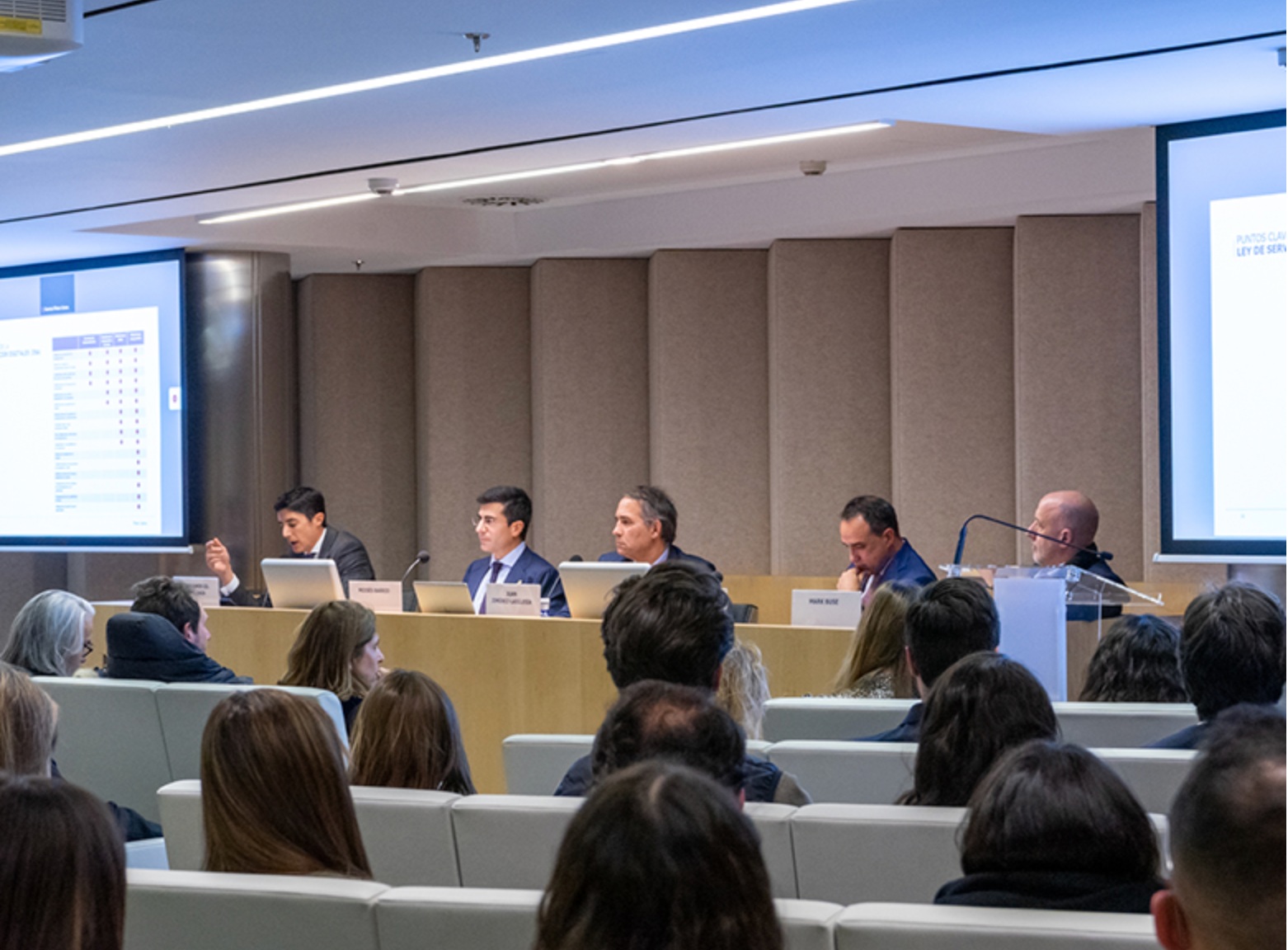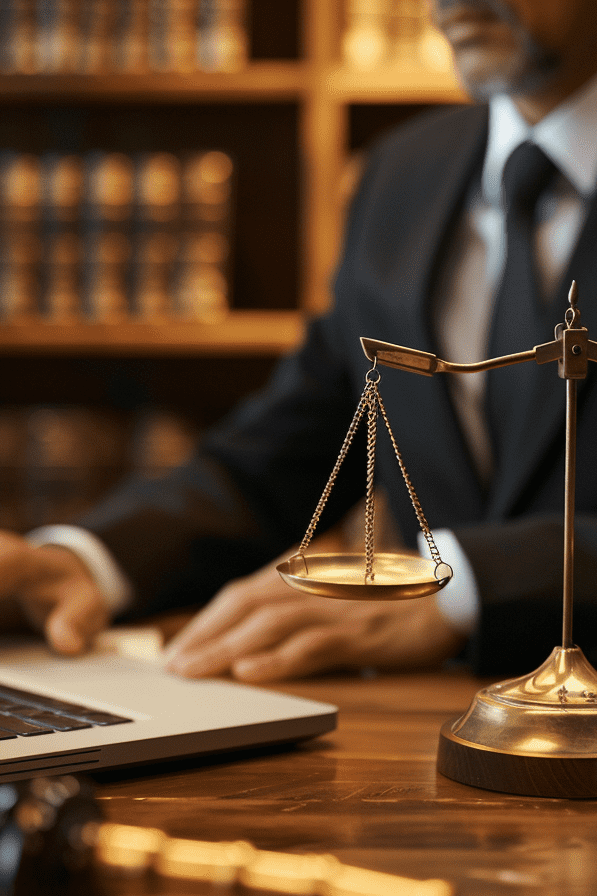In the judicial arena, transcripts stand as fundamental pillars underpinning the integrity and transparency of legal proceedings. They are not merely limited to capturing dialogues and events; rather, they represent a meticulous narrative of judicial events, preserving every detail with surgical precision. These meticulously crafted transcripts serve as witnesses to the truth, recording every word uttered, every argument presented, and every decision made within the framework of justice. In this detailed exploration, we break down the different types of court transcripts and examine their profound relevance in the development and resolution of legal cases.
Hearing Transcripts
Court hearings are crucial events where legal arguments are discussed and presented. Hearing transcripts are divided into:
- Testimony Transcripts: These transcripts record testimony presented during hearings, which may be from expert witnesses or eyewitnesses.
- Pleadings Transcripts: Pleadings, both opening and closing, are critical to the development of a case. Pleading transcripts capture the legal arguments presented by the parties involved.


Transcripts of Interrogations
During the judicial process, interrogations of witnesses and defendants are conducted to clarify the facts. These are subdivided into:
- Interrogations of Witnesses: Record the questioning and answers of witnesses.
- Interrogations of Defendants: Document the interrogations of the defendants in the case.
Transcripts of Evidence
Documentary and expert evidence is essential to support legal claims. Transcripts of evidence are divided into:
- Documentary Evidence Transcripts: Record the physical evidence presented in court.
- Expert Evidence Transcripts: Document evidence provided by experts in specific areas.
Importance of Court Transcripts
Court transcripts not only record events, but also play a crucial role in the legal process due to:
- Legal Evidence: Transcripts serve as tangible legal evidence that can be referenced during later stages of the legal process.
- Accurate Record: They provide a detailed and accurate record of what occurred in the courtroom, avoiding misunderstandings or misinterpretations.
- Facilitation of the Judicial Process: They help streamline and facilitate the judicial process by providing clear and accessible documentation for all parties involved.

Conclusion
In conclusion, court transcripts are fundamental elements in the administration of justice, ensuring integrity and transparency in legal proceedings. Moreover, the main users of court transcripts, such as lawyers and solicitors, rely on this documentation to prepare their legal arguments and defend their clients’ interests effectively.
In the digital age we are seeing significant progress thanks to new artificial intelligence (AI) tools such as PROBUS geared towards trial transcripts. These innovations enable greater efficiency in the generation and management of transcripts by employing technologies such as intervener identification, automated transcription, voice biometrics to verify the authenticity of voices, and subtitle generation to make information more accessible.
These tools not only streamline the transcription process, but also improve its accuracy and accessibility, contributing to a more efficient and transparent administration of justice for the benefit of all parties involved.


